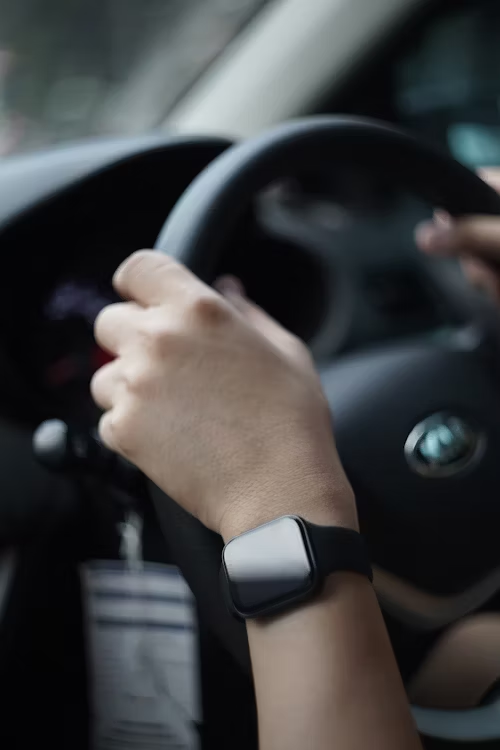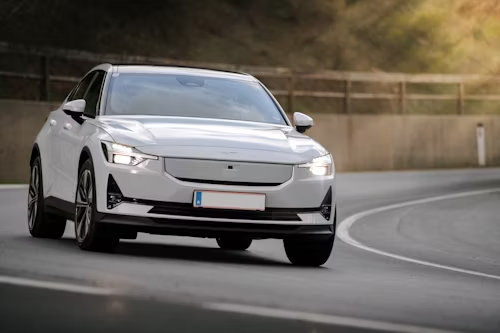How Biometric Car Access is Replacing Traditional Keys

Traditional car keys are rapidly becoming obsolete as biometric car access technology takes center stage. With fingerprint scanners, facial recognition, and voice authentication, modern vehicles are adopting high-tech security solutions that enhance convenience and safety. In this article, we explore how biometric car access is revolutionizing vehicle security and replacing traditional keys.
1. What is Biometric Car Access?
Biometric car access refers to the use of biological markers, such as fingerprints, facial features, or voice patterns, to unlock and start a vehicle. This eliminates the need for physical keys or key fobs, providing a seamless and secure entry method.
2. Types of Biometric Car Access
Fingerprint Recognition
Fingerprint scanners, similar to those found on smartphones, allow drivers to unlock and start their vehicles with a simple touch. This technology is already being integrated into models from major automakers.
Facial Recognition
Facial recognition cameras scan the driver’s face to authenticate identity before granting access. Companies like Tesla and BMW are exploring this feature to personalize driving experiences.
Voice Recognition
Some vehicles use voice authentication, allowing drivers to unlock doors and start engines using specific voice commands. This technology enhances hands-free convenience.
3. Benefits of Biometric Car Access
- Enhanced Security: Reduces the risk of key cloning and theft.
- Convenience: Eliminates the need to carry physical keys.
- Personalization: Adjusts seat position, climate control, and entertainment settings based on the registered user.
- Remote Access: Some systems allow biometric authentication via mobile apps.
4. Challenges and Considerations
While biometric access is highly secure, concerns such as data privacy, system malfunctions, and high implementation costs need to be addressed for widespread adoption.
5. Case Studies
Case Study 1: Hyundai’s Fingerprint Scanner
Hyundai introduced fingerprint authentication in select models, allowing users to unlock and start their vehicles without traditional keys. Learn more at Hyundai.
Case Study 2: Tesla’s Facial Recognition Integration
Tesla is reportedly working on facial recognition technology to provide keyless access and personalize driving experiences. Read more at Tesla.
Case Study 3: Smartcar Conversions
Smartcar Conversions offers biometric retrofitting solutions for older vehicles, enabling high-tech security upgrades.
6. Future of Biometric Car Access
As biometric technology advances, more vehicles will adopt these features, replacing traditional keys with highly secure, user-friendly authentication systems.
7. Conclusion
Biometric car access is transforming vehicle security and convenience. Whether through fingerprint, facial, or voice recognition, this innovation eliminates the need for traditional keys while enhancing protection and personalization.




